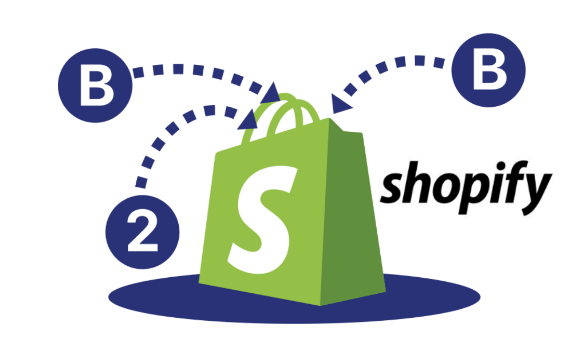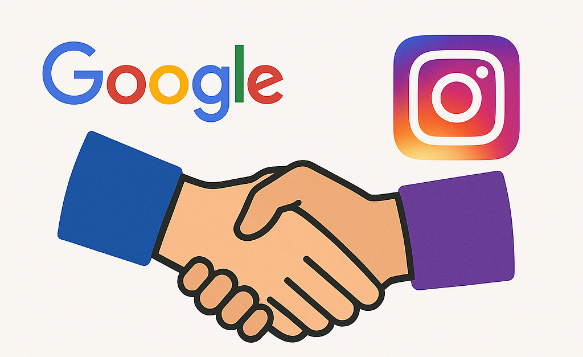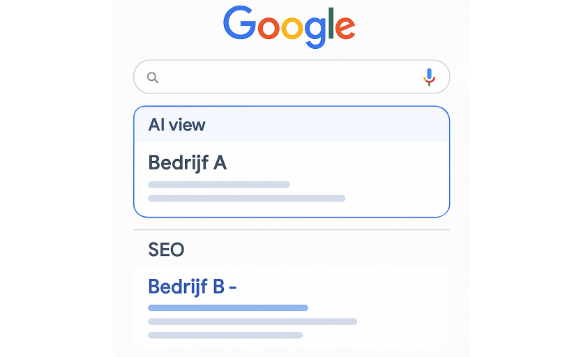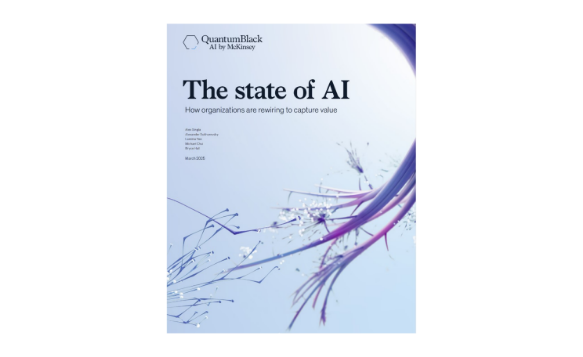
How do you keep AI-generated content from hurting your rankings?
AI tools such as ChatGPT, Jasper and Claude today make it child's play to generate large amounts of content in a short period of time. That presents opportunities for marketers, copywriters and content strategists - but it also brings new questions. After all, how does Google actually look at AI-generated texts? Are they recognized? And do you risk a penalty if you use AI content without checking it properly?
In this article, we explain how Google evaluates AI content, how detection works, and how to use AI smartly without compromising your SEO.
What does Google itself say about AI content?
Google is clear about the use of AI: it is not prohibited, as long as the content you publish is valuable to users. In other words, the search engine judges not how content is created, but why and for whom.
"Using automation-including AI-to generate content with the primary purpose of manipulating ranking in search results is a violation of our spam policies." - Google Search Central, 2023
In other words, if you use AI to create content purely to manipulate search results, with no real value or relevance, you are violating the guidelines. In such cases, Google may rank your pages lower in search results, or even de-index them completely.
In doing so, the search engine uses the E-E-A-T principle: Experience, Expertise, Authoritativeness and Trustworthiness. This remains the compass in judging the quality of content - whether written by a human or a machine.
Will AI content be recognized by Google?
Although Google itself does not say it actively "penalizes" AI content, there is growing evidence that the algorithm is recognizing texts that exhibit characteristics of generative AI. Think predictable sentence structure, superficial content or lack of a personal point of view.
In addition, there are now several tools on the market that attempt to detect AI-generated texts, such as:
- Originality.ai
- GPTZero
- Writer.com AI detector
- Content at Scale AI Detector
These tools use algorithms that analyze patterns in sentence length, repetition, level of abstraction and word usage. While they do not provide hard-and-fast certainty, they can help assess whether your content may be perceived as "unnatural" by Google.
When are you at risk of an SEO penalty?
As long as you use AI as a tool - for inspiration, structure or initial setup, for example - you run little risk. It only becomes problematic if you put large amounts of text online directly from an AI tool, without editing, source citation or added value for your visitors.
In particular, the following errors increase the risk of a negative rating:
- AI content without human final editing
- Texts that do not respond to real search intent
- No substantiation or source citation
- Too much repetition or clichés
- Missing brand voice or style
Google is increasingly looking at how content connects to the user's need. Is your article created just to rank for a keyword, but offers no tangible value? Then you could drop in search results - even if the content is grammatically perfect.
How do you use AI in an SEO-responsible way?
AI and SEO can work extremely well together, provided you set up the process properly. AI is especially powerful as an assistant, not as the final editor. Use it for quick drafts, suggestions or ideation, but always leave final editing in the hands of a human.
Practical Tips:
- Enrich your content with your own insights: Add examples from your industry, case studies or experiences that AI can't come up with.
- Use your brand voice: Adjust the tone-of-voice so your content sounds authentic and recognizable to your target audience.
- Work with AI detection tools: Think of it as an additional check, just like spell checkers.
- Link to reliable sources: And show who the author is or the team behind the content.
- Think from the user, not the algorithm: If your article really helps, ranking usually follows naturally.
Conclusion: AI is an opportunity provided you consciously publish
The fear that AI content will automatically result in a penalty is exaggerated. Google is not against AI, but against deception, superficiality and irrelevant texts. Those who use AI as an extension of a thoughtful strategy have little to fear - and much to gain.
The future of SEO lies not in avoiding AI, but in cleverly combining technology and human expertise. Use AI to work faster, but let your brand speak through people.
Want to know how to use AI in a smart, safe and effective way in your content strategy? Feel free to contact us - we'd love to think with you.
Relevant blogs

Interested in digital growth for your industry?
Strengthen your online presence and expand your market reach with TMC Media. We combine strategic thinking with innovative creativity for measurable results. From conversion-oriented websites to targeted online marketing campaigns - we are your digital growth partner.
Contact us for a no-obligation consultation





































!.png)






























































